Takahiro Sasaki (Executive Director)
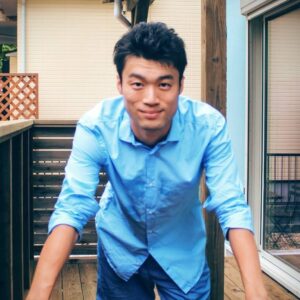
Born in Yokohama, Kanagawa Prefecture, Japan, in 1988. Specialized in TESL (Teaching English as a Second Language), with expertise in elementary English education, vocal music, and academic design.
I spent my high school and university years abroad, where I encountered various forms of ‘happiness.’ After returning to Japan in 2010, I became involved in designing qualification exams and national teacher training programs, embarking on a journey to explore the future of education in Japan. Subsequently, while working in private childcare, I was responsible for launching international education projects and creating promotional materials, all while focusing on the potential and necessity of out-of-school education and alternative education.
In 2017, I started homeschooling support activities and became a director of the association the same year. In 2022, I launched the online free school ‘Ghost School’ and have been working tirelessly to transform the concept of ‘school refusal’ into a positive one in Japan.
In my private life, I am a father to four sons and often find myself busy with household chores and childcare. I have authored the book ‘How to Start Homeschooling‘ published by Shuwa System in 2020.
Michiko Okada (Director)
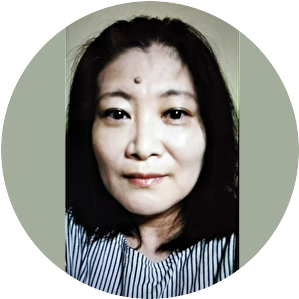
A homeschooling alumni. Awarded as a Top Writer on Quora in 2021.
I had the opportunity to participate in one of the projects sponsored by our association, which was founded in 2000. Since then, I have been actively involved as a member and director up to the present day. During my active homeschooling years, our family was part of the association, and we responded to various media interviews and researcher interviews (for research papers).
Nowadays, I am actively engaged in educational outreach as a moderator for our association’s space ‘Homeschool Research Lab’ on the knowledge community site ‘Quora.’
Minako Yamada (Director | Planning and Public Relations)
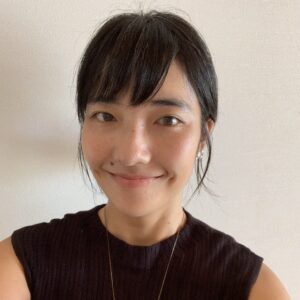
A mother of four children. Holds a first-class license as a middle and high school music teacher.
After graduating from university, I gained experience working with children through activities in after-school childcare, child centers, and as a teaching assistant in public schools. Throughout my interactions with children, I have always been thinking about ‘the happiness of children.’ Considering the global environment, societal conditions, family environments, and educational systems that surround children, I pondered what kind of world we should leave for them. With the aspiration that ‘there should be a society where homeschooling is a natural choice,’ I am engaged in activities on a daily basis.
Mayu Warita (Director | Webinar Business, General Affairs)
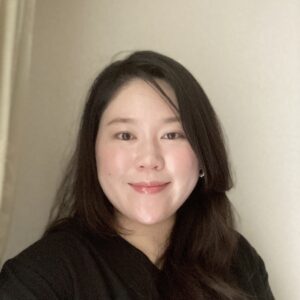
A mother of one child. Holds licenses as a Registered Nurse, Responsible Manager for General Travel Business, and Responsible Manager for Domestic Travel Business.
My encounter with ‘Homeschooling’ began with the presence of my son, who falls into the gray area of developmental disorders. I believe that if each person can learn in an environment that suits them and feels safe, and if they can have confidence in their ‘true selves,’ that confidence will inevitably enable them to overcome ‘disabilities.’ As an educational choice that nurtures this ‘confidence,’ I am working to ensure that ‘Homeschooling’ reaches many more parents and children in the future.
Ryo Ohno (Director | Operations, Systems)
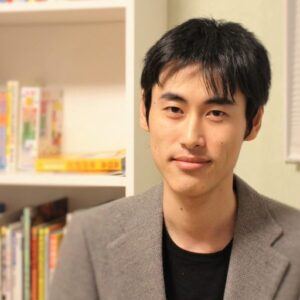
Lumi Ohana, Co-Representative | Information Security Specialist
As a facilitator at ‘Lumi Ohana Learning Space,’ the first certified school by HoSA, I am involved in supporting the learning of elementary and middle school students.
In a rapidly changing society driven by globalization and IT advancements, I aim to contribute to the establishment of homeschooling as a new educational choice. By creating awareness and infrastructure for homeschooling, we can provide an alternative to traditional education that may not adapt as swiftly to these changes. Ultimately, this can stimulate improvement in public education, leading to mutual growth and the development of the entire educational environment.

